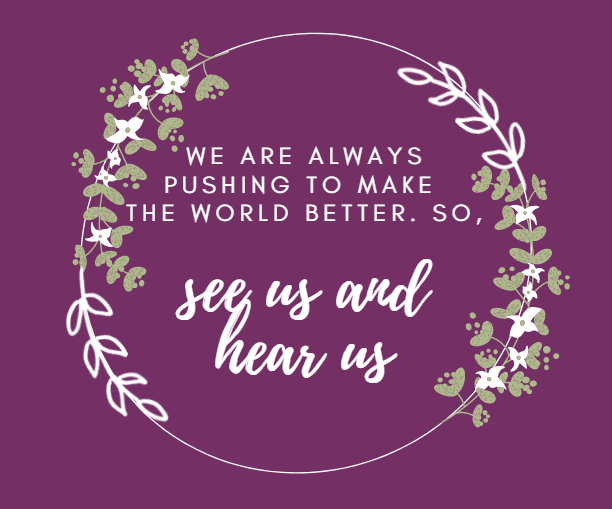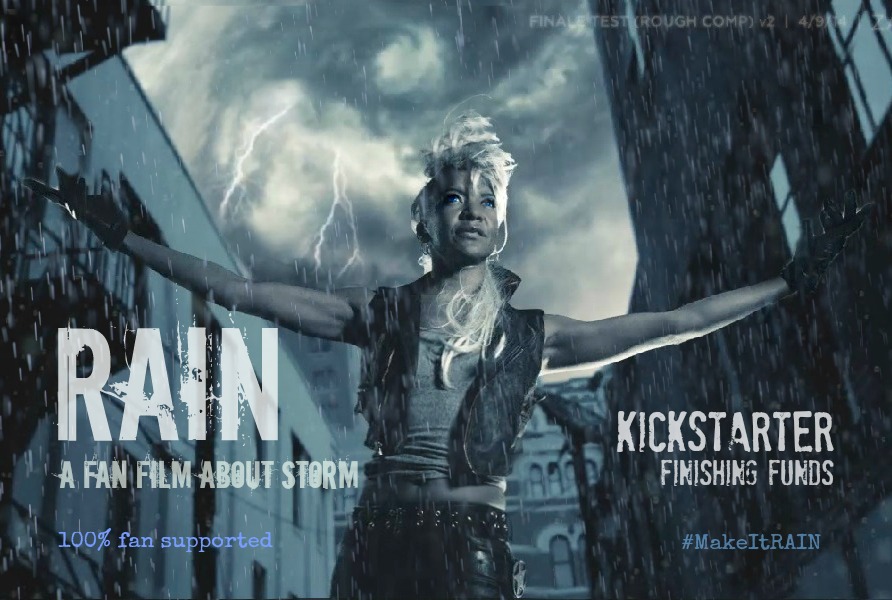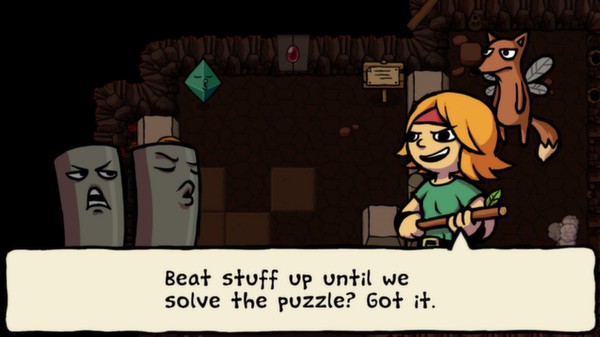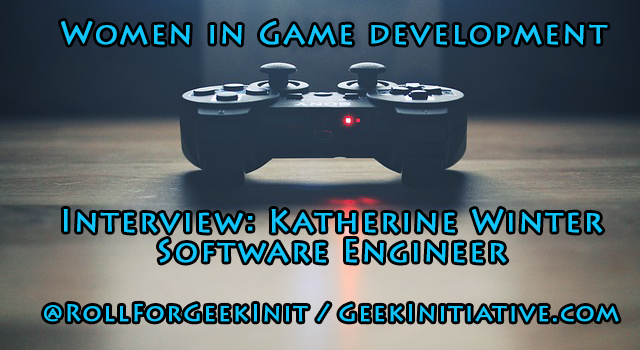I’m a Black female gamer. Video games have been a part of my life since I was a child and growing up with two older siblings gave me the exposure to classic games that would make any gamer jealous. If you think of any game system since the 80s, I had it, played it or sat back and watched games on it “get flipped.”
I can’t count how many times I had the opportunity to play Mario, Sonic, Final Fantasy, Duck Hunt, Rocket Knight Adventures, the DKC trilogy, Bust A Groove and the game that influenced me to study Japanese in college, Kingdom Hearts. For what it’s worth, I’ve lived an incredibly privileged life even though people would assume growing up low-income equals a lesser life lived. But because of video games, I had years of relationship building and memories I wouldn’t have otherwise. And I can say without games I wouldn’t be the person I am today.
But what’s been on the back of my mind for years and has recently come to the surface since the protests for Black lives started — is Black women’s ability to go unnoticeable to everyone, except other Black women. Each year, trans and cis Black women are murdered, kidnapped and trafficked, and the marches for justice are overwhelmingly for Black men where we hope we liberate everyone. And of course, we need marches for justice, but who will march for us? How will we be remembered? Where is our visibility for dark skinned Black women? Large Black women? Queer Black women? Black women with disabilities? Why aren’t we not seen as fully realized humans? Maybe think that these questions have nothing to do with Black representation, but you would be wrong because the way we are forgotten and mistreated, is mirrored in video games.
[Caption: Animated image reading: We need marches for justice, but who will march for us?]
Just think about the games you’ve played over the years, and now think about how many games featured Black girls and women as the lead (and not a part of an expansion)? The ability to play as yourself and feel immersed in a game is a powerful thing. It’s something a lot of white people can comprehend because they’re well represented. At every major gaming reveal, I think about everything other people do: new graphics, new titles and the future of gaming. But I also think about and wait for a game that has a Black woman as the lead and I never see it. I often find myself thinking “maybe next year,” but that hasn’t happened yet and probably won’t without real systemic change at these companies. While I am holding these companies accountable for their inclusive statements, I hope other people are as well.
This is even more important because as of late, gaming companies have outwardly said they support inclusion of Black lives. PlayStation even pushed their PS5 event back in what they called solidarity. But when I saw that they had to offer when the reveal finally happened once again, I didn’t see me (except for Deathloop, which was refreshing). So as of now, any statements for Black lives really isn’t a statement for inclusion and equity as a whole. Don’t get me wrong; they’re not the only company I am watching, but I can’t help but to believe that everything about these statements from gaming companies are merely performative.
The performative allyship we see with hashtags about changes just weren’t there other days, months, and years where Black women were hurting. While I believe that public allyship is a way we can depend on visible change, I can’t help but question, “why now and where are the games featuring Black women?” I am of the mind that we cannot believe these voices rallying for diversity and equity without clear actionable plans. So, at the heart of the performativity are the benefits passed on to the ally, in this case gaming companies, and not the marginalized. And this “allyship” relies on the idea that because everyone else is doing it “we should” because not putting out a statement will affect your bottom line.
Imagine what these diversity statements about Black people could have done for a young me (hell, for me now) if there were real actions behind it like centering Black women in game narratives? I could only dream. Instead, many companies attempt at representation comes in the form of white women and Black men, albeit in smaller numbers; and Black women are expected to play these games and feel realized. But I think we are rendered invisible; and only exist as a proxy to someone else’s narrative.
[Caption: Animated image reading: We are rendered invisible and only exist as a proxy to someone else’s narrative]
Do you know what it feels like to have to play games where I play as a white character, male or female, or a Black male character? Many times, I’ve had to suspend disbelief to enjoy it. So, this leaves me in a bit of conundrum every time I play a game where I question if I should just stop. Of course, I continue to play because deserve to have fun like everyone else. However, my case for representation is to make the games more realistic by centering Black women.
Black women deal with what sociologist Deborah K. King calls a “Multiple Jeopardy” where we are tied to our gender, race, and class. We are Black and a woman, but often, we must choose being one or the other. The Black woman experience is one of duality that only we understand, yet we are expected to experience life that is “Synonymous with that of either Black males or white females; and since the experiences of both are equivalent, a discussion of Black women in particular is superfluous.” But are Black women superfluous? If you speak to the right person, some would say we must we be, and they would continue to argue that games are fantasy. And to that, I call bullshit. If this were the case, then Black women could easily be the lead in every game and white men could just play as us. But let’s get real here, we all know this isn’t the truth for a lot of people. While we can argue games are fantasy, they are also the worlds we choose to inhabit. Yet, due to rampant racism and misogyny in the gaming community, we can’t live in that world we can’t be in fantasy space. We can’t fully immerse in the game, so we can have to envision what it would be like to be seen.
There aren’t too many times I remember I felt seen in a video game. Sims 2 was the first and only. I spent hours of my time on my computer playing it. While it had major issues with customization (hair, body type, skin tone), at least there was an option to be a Black woman. As a young teenager, this meant the world to me and as an adult, it still does. What it did for me was help me create a fantasy world that made it clear that I exist. It was a world that I had control over and could shape into my vision. But Sims 2 (and the subsequent games) is only one game where Black women should be visible. It’s important to show that Black women can be seen on titles that are exclusives too. Not only should Black women be visible in simulation games like The Sims, but in action, adventure, RPG, puzzles, and more. We’ve earned that.
But where do we go from here? We know that we need more Black women in the games we play and the way to do that is starting with a call to action. All game companies must develop real co-op programs, internships, freelance and full-time work experiences that will increase the equity and inclusion of Black women. This however isn’t enough because creating programs without a change will still lead to the same issue of Black women in the workforce being run out of positions due to overt and covert discrimination. COCo, the Center for Community Organizations has an infamous chart detailing the way women of color become the “problem” in the workforce.
A Black woman will enter a company’s pipeline and is pushed out only to be gaslit and ousted as the “enemy” and cast as an issue because she’s not a “team player” on a majority white team. Truth is that majority of these spaces aren’t interested in cultivating the Black women they hired in the first place. Subsequently, if real change is a priority, having people step down, bringing in new people to help lead change and ensuring school-to-work and alternative pipelines to these companies will be needed in order to move forward. It is crucial that we fill these spaces with Black women across all positions needed to make games and game companies function. What would also help is funding more Black women-owned game companies and developers. I know that Black women can make things move and shake because we are amazing at what we do. We are always pushing to make the world better. So, see and hear us.
[Caption: Animated image reading: We are always pushing to make the world better. So, see us and hear us.]
This is a call to action. If you care about Black lives, then look at what you can do to support the equity and inclusion of Black women in background and the foreground of games. Understand that our representation matters and that we can be the lead characters of our own franchises. We can be the hero, the villain and everything in between. It’s on everyone in the gaming community, especially those in power to make sure that the future of games supports all Black women so that we can finally see ourselves in the games we enjoy.





